If a fly lands on my food, I'll confess that my first instinct is to just brush the bug off and keep on eating.
It's gross, sure, but doesn't the five-second rule apply to insect visitors too?
Well, we recently learned that it may not be that simple.
In fact, flies spread disease. They carry germs in the hairs on their legs, and they actually puke almost immediately when they land on something.
So if a fly lands in your food, you may actually be better off throwing that bite in the garbage.
Flies are downright disgusting, and there's no way we want to risk having them join you for dinner.
In fact, if you're planning picnics and barbecues for the warm weather, you might need to put some serious fly protection measures in place.
Same goes for your kitchen, do whatever you can to ward off all those pesky insects.
Flies spread disease, so if a fly does happen to get through and get his grubby paws on your dinner, it's a good idea to know exactly what happens your food.
Scroll through to learn more.
[H/T: Country Living]
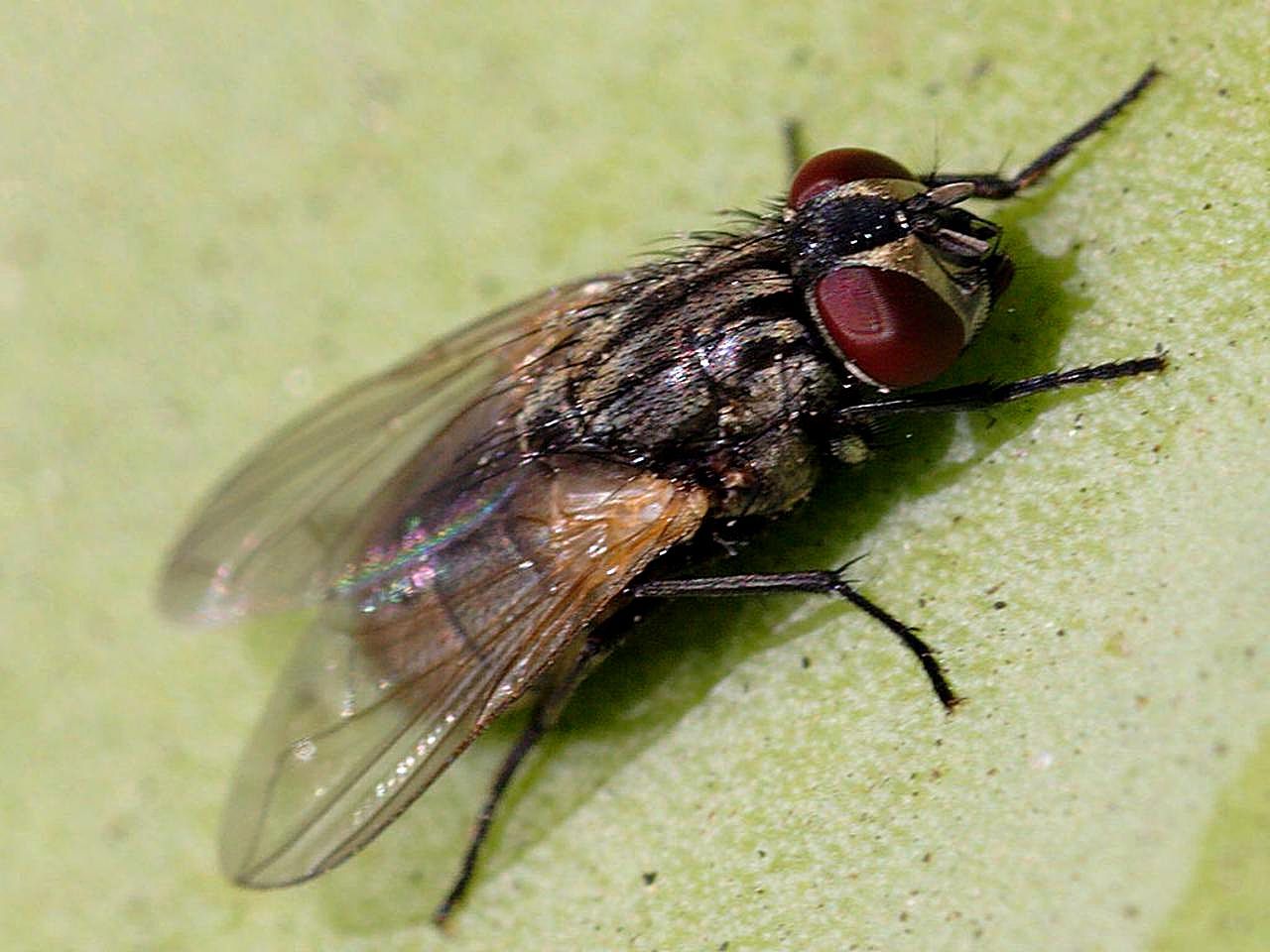
Ordinary black flies, or house flies, are incredibly common household pests.
Almost every household deals with these flying bugs on occasion, to the point that most of us barely notice if one of these buzzing creatures gets in.
These bugs don't bite or sting, but they still present a major danger by spreading disease in a seriously gross way.
Flies have a nauseating habit: when they land on something, they almost immediately throw up whatever they have recently eaten.
That includes poo, rotting food, and other germ-riddled garbage.
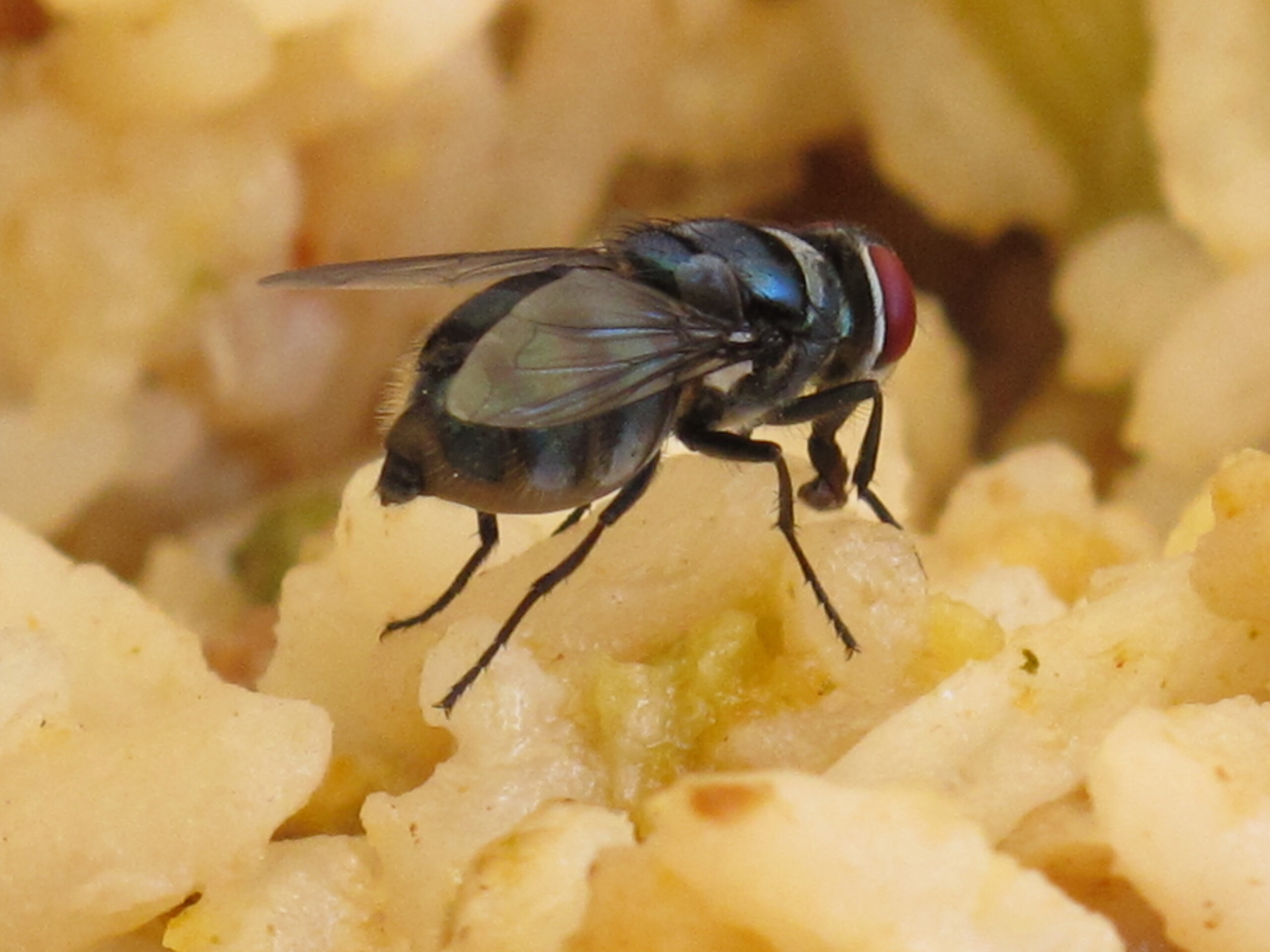
Flies seem fairly harmless, but they're actually one of the more dangerous bugs around, because they have a knack for spreading disease.
Flies have sticky hairs on their legs that help them sense food sources, but those sticky hairs also pick up germs and gunk from every place the fly lands.
That means that when a hungry fly touches down on your sandwich, he's also bringing everything he has stepped in, all day long.
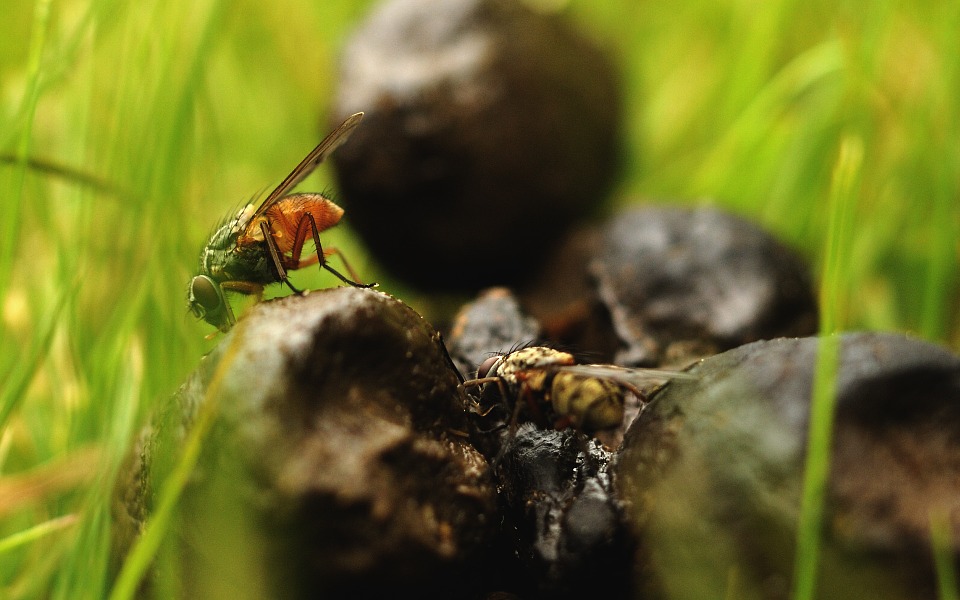
Not only are flies great at carrying icky germs, they like to hang out in the grossest places.
That cloud of flies hovering over a pile of dog poo or a piece of roadkill?
They're the same flies that show up in your kitchen to check out the fruit bowl.
That means that flies aren't just bringing germs, they're bringing the worst ones, like e. coli, listeria, and salmonella.
In some parts of the world, they can also carry anthrax, typhoid, and cholera.
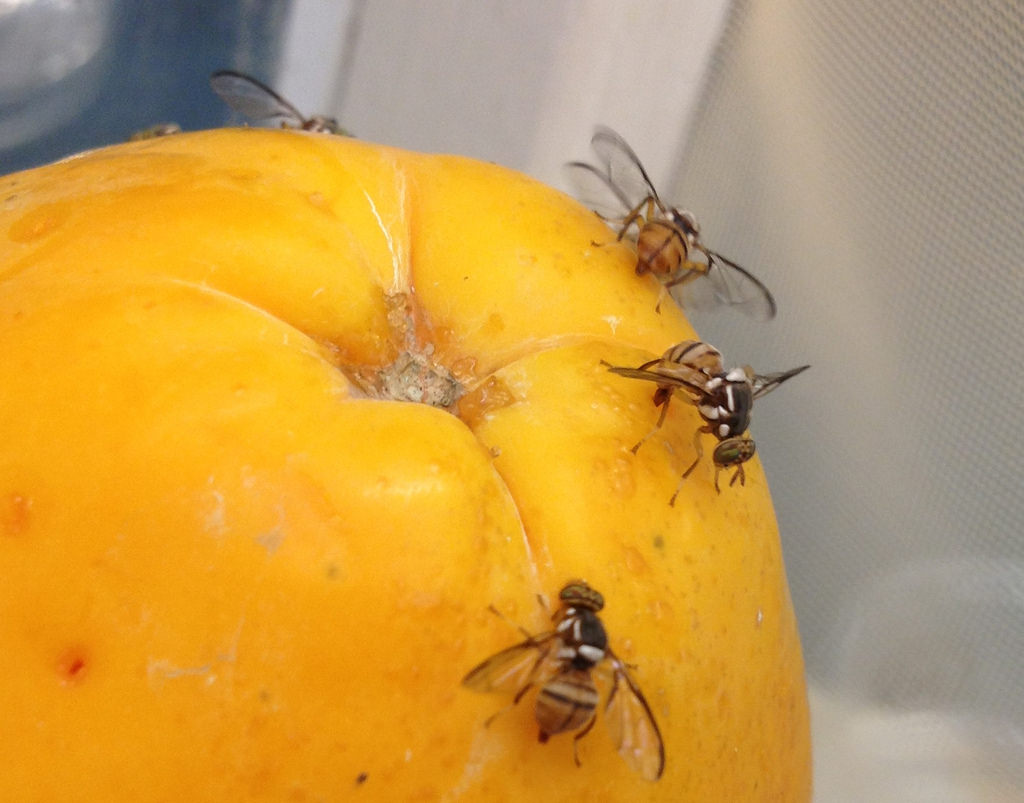
So, what should you do if a fly lands on your food? The short answer is: pitch it out.
However, most people aren't interested in wasting their whole meal just because a fly landed on it for a moment.
Instead, you can take a case-by-case approach to each situation.
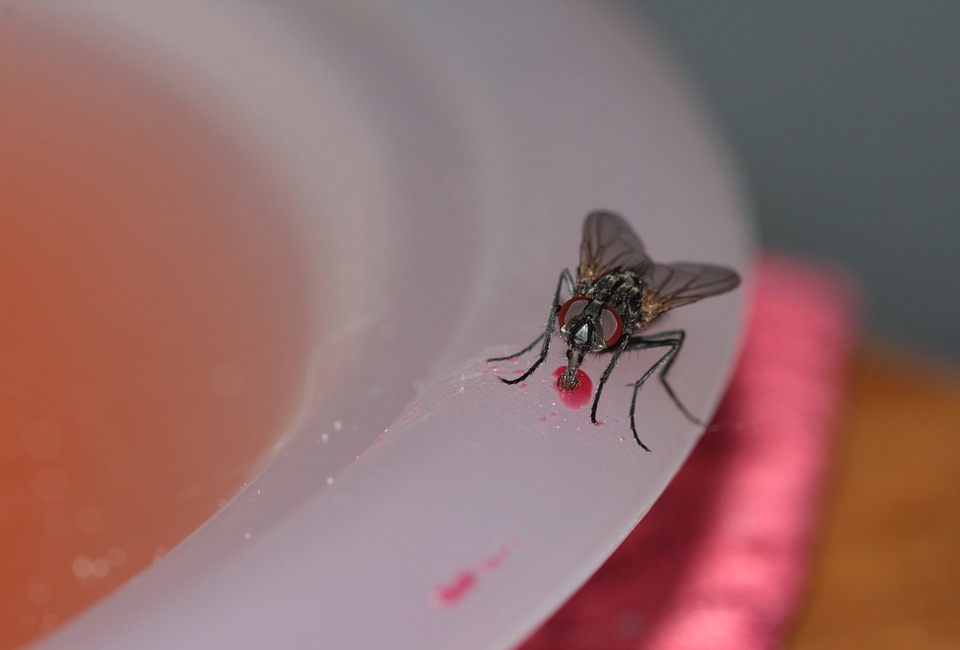
According to a Daily Mail interview with food scientist Dr. Cameron Webb, you don't have to throw out a piece of food just because of one "touch down."
If a fly makes landfall on your sandwich, he probably is transferring some icky germs via his feet and his vomit, but not in large enough quantities to hurt you.
On the other hand, if flies are repeatedly returning to the same food source (a platter of watermelon, a bowl of fruit punch) you should consider dumping it.
Each repeat landing spreads more germs and ups your chance of contracting an awful bug.
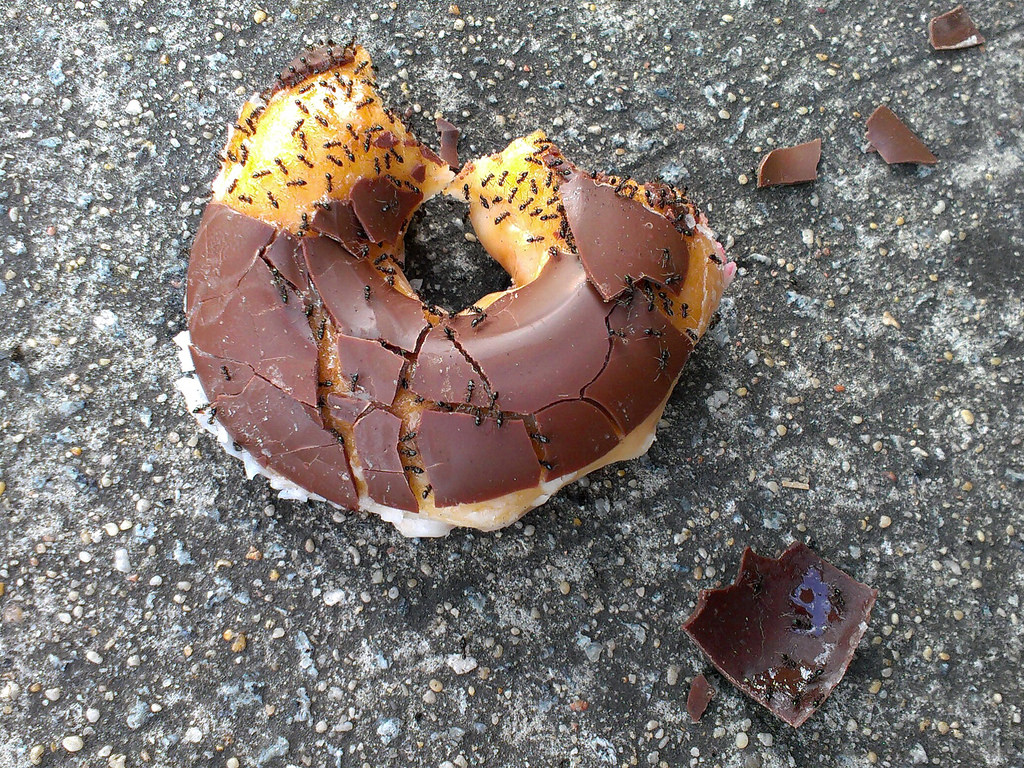
Just remember, not all kitchen pests are made alike. Ordinary houseflies are arguably the worst offenders for spreading disease, even worse than cockroaches.
Meanwhile, you never want a line of ants trailing into your kitchen, but if you spot a few crawling on your food, don't worry; ants are some of the cleanest insects around.
In other words, if you spot an ant or two crawling on your plate at your next summer picnic, just flick them away.
But if it's a fly? Maybe consider getting a fresh helping.
What's your go-to approach for getting rid of house flies?
Let us know in the comments and don't forget to SHARE this important information!




